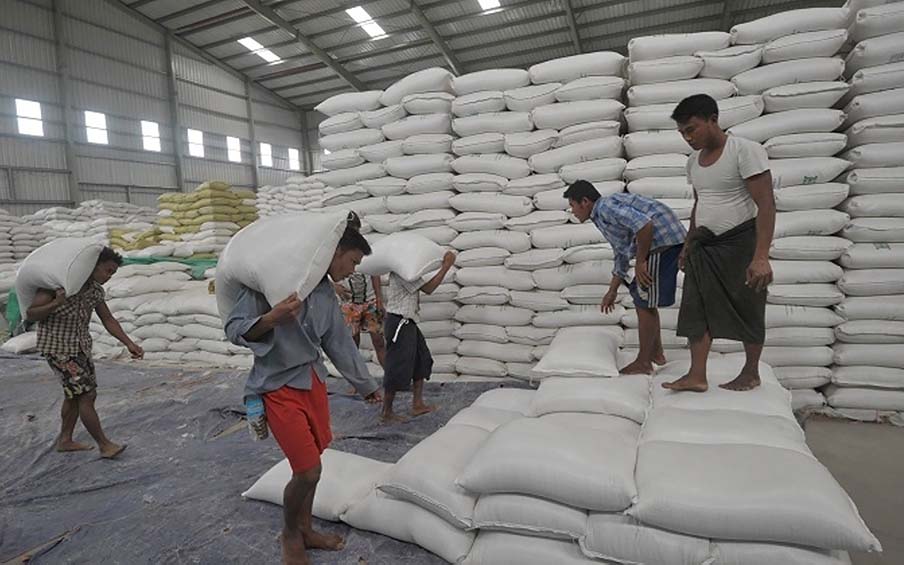Youth represent a vital resource for any nation, known for their willingness to explore and take risks. In today’s world, it is essential for young people to possess not only knowledge and education but also problem-solving skills, social proficiency, effective communication, media literacy, and critical thinking abilities. These competencies are crucial for success in the 21st century.
Countries must adopt and implement comprehensive youth policies to develop a qualified and capable youth population. These policies should aim to enhance the skills and capacities of young people, preparing them for professional success. Many nations and organizations are already taking steps to provide training that opens up employment opportunities and supports entrepreneurship. Despite these efforts, young people still face significant challenges, including economic, social, technological, and cultural disparities.
Global economic crises, instability, and conflicts in some regions also hinder youth development. To improve the situation, countries and organizations need to prioritize resolving conflicts and economic issues, creating a stable environment conducive to youth development. Enhancing the socioeconomic conditions of young people should be a primary focus.
The United Nations reports that there are 1.2 billion people aged 15 to 24, making up 16 per cent of the global population. Notably, 85 per cent of these youths live in developing countries. According to the UN’s Sustainable Development Goals, the youth population is projected to reach approximately 1.3 billion by 2030.
Youth are invaluable resources for their countries and are expected to assume leadership roles in the future. Their skills and capacities are crucial in shaping the world’s evolution. Despite the challenges they face, it is essential to provide smart training systems that ensure youth receive high-quality education and knowledge.
Qualified young people must have access to opportunities that allow them to demonstrate their talents and capabilities. Without such opportunities, their potential may go untapped. Therefore, it is crucial to create pathways for youth in various sectors. Nations bear the responsibility of nurturing their young population to become highly qualified individuals. At the same time, it is necessary to nurture the youths so that they do not become opportunists.
Countries need to prioritize health, education, and employment opportunities for youth to prevent brain drain and promote national development. Relevant institutions must generate appropriate opportunities for young people from diverse backgrounds. Ensuring that all young people have the chance to develop their skills and capacities is essential for the long-term growth and prosperity of any nation.
Empower youth: Building skilled and resilient generations
- June 10, 2024
- 137















